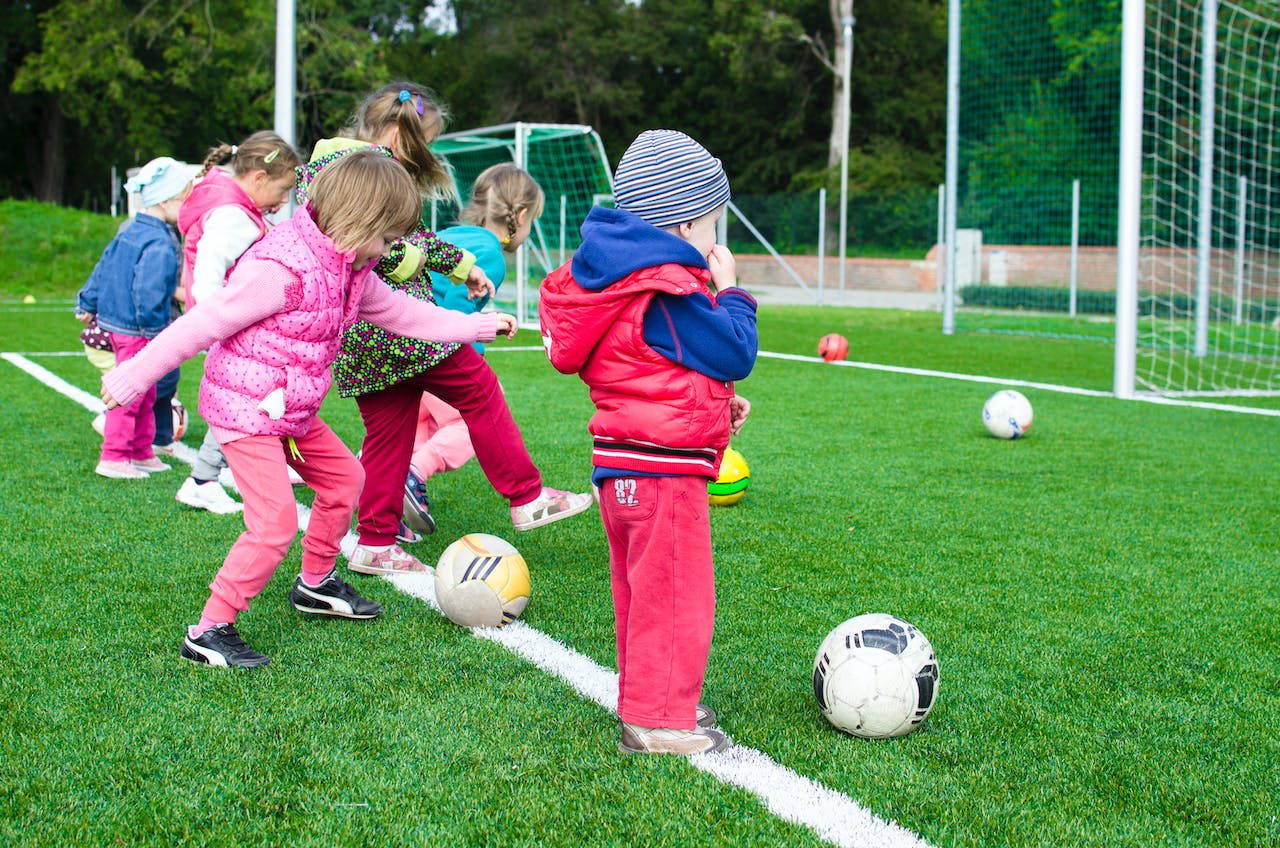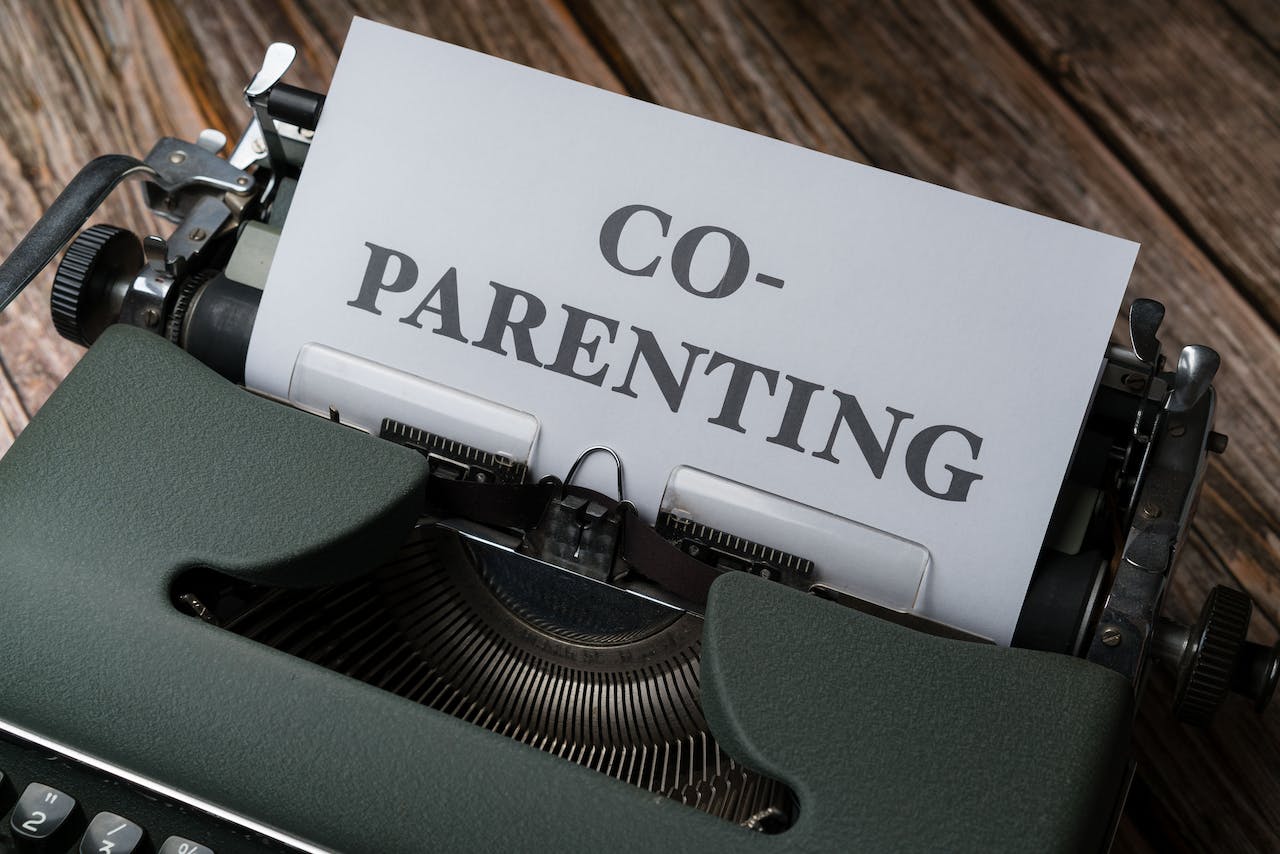Harmonizing Parental Decisions on Extracurricular Activities in Georgia’s Diverse Family Dynamics
In Georgia, managing extracurricular activities during and after divorce proceedings presents a unique set of challenges. The importance of these activities in children’s lives necessitates careful consideration and collaborative decision-making between co-parents. Here’s an expanded perspective on how to approach and integrate extracurricular activities in the context of divorce and co-parenting across Georgia’s counties.
1. Significance of Extracurricular Activities
- Role in Children’s Lives: Extracurricular activities, from sports to arts, play a pivotal role in children’s development, offering consistency and stability, especially during the tumultuous period of a divorce.
2. Diverging Parental Views and Financial Considerations
- Varied Parental Opinions: Parents often have different views on the suitability or affordability of certain activities, such as sports or music lessons, which can lead to disagreements.
- Financial Constraints: The cost of activities is a significant factor, with some parents reluctant or unable to bear the expenses.
3. Resolving Conflicts Over Activities
- Best Interests of the Child: The primary consideration should be what benefits the child most, rather than parental preferences.
- Shared Financial Responsibility: Willingness to share or take on the financial burden can be a crucial factor in decision-making.
4. Communication and Pre-Planning
- Collaborative Discussion: Open communication prior to enrollment is key to avoiding conflicts and unexpected financial burdens.
- Joint Decision-Making: Co-parents should strive to reach mutual agreements on the nature and extent of their children’s involvement in activities.
5. Incorporating Activities into Parenting Plans
- Parenting Plan Provisions: Details such as the number of activities, expense sharing, and transportation responsibilities can be included in the parenting plan.
- Dispute Resolution Mechanisms: The plan should outline how disagreements will be resolved, potentially involving mediation or legal counsel.
6. Legal Aspects and Decision-Making Authority
- Legal Custody and Extracurricular Decisions: In cases where parents have joint legal custody, decisions about extracurricular activities should be made jointly.
- Final Decision-Making Authority: In situations where parents cannot agree, the parent with final decision-making authority, often linked to educational decisions, may have the final say.
7. Court-Imposed Limits and Solutions
- Creative Judicial Interventions: Courts in Georgia sometimes impose innovative solutions, like alternating responsibility for activity selection between parents, to manage disputes.
8. The Intersection with Education
- Educational Correlation: Extracurricular activities are often closely related to a child’s education, influencing the parent with educational decision-making authority to seek similar authority over extracurriculars.
9. Financial Implications in Child Support
- Child Support Considerations: The costs of extracurricular activities may factor into child support calculations under Georgia law.
- Voluntary Sharing of Expenses: While courts may not mandate additional payment for activities beyond child support, parents can agree to share these costs.
10. Balancing Academic and Extracurricular Demands
- Prioritizing Academic Performance: Limits on activities might be necessary to ensure a child’s academic success and compliance with custody schedules.
11. Navigating Co-Parenting Challenges
- Collaborative Co-Parenting: Successful co-parenting involves balancing each parent’s time and involvement with the child’s activities, a challenge that can be more pronounced in cases of joint custody.
Conclusion
In Georgia’s varied family landscapes, from the suburban areas of Cobb County to the regions of Chatham County, effectively managing extracurricular activities in the context of divorce requires a balanced approach, prioritizing the children’s interests while accommodating parental capabilities and constraints. Co-parents are encouraged to work collaboratively, with the support of legal guidance if necessary, to ensure that extracurricular activities continue to be a source of growth and enjoyment for their children, rather than a point of contention. At Barrett Partners Group, we specialize in providing the necessary legal support and advice to help parents navigate these complexities, ensuring a harmonious approach to managing extracurricular activities in the best interests of the child.







